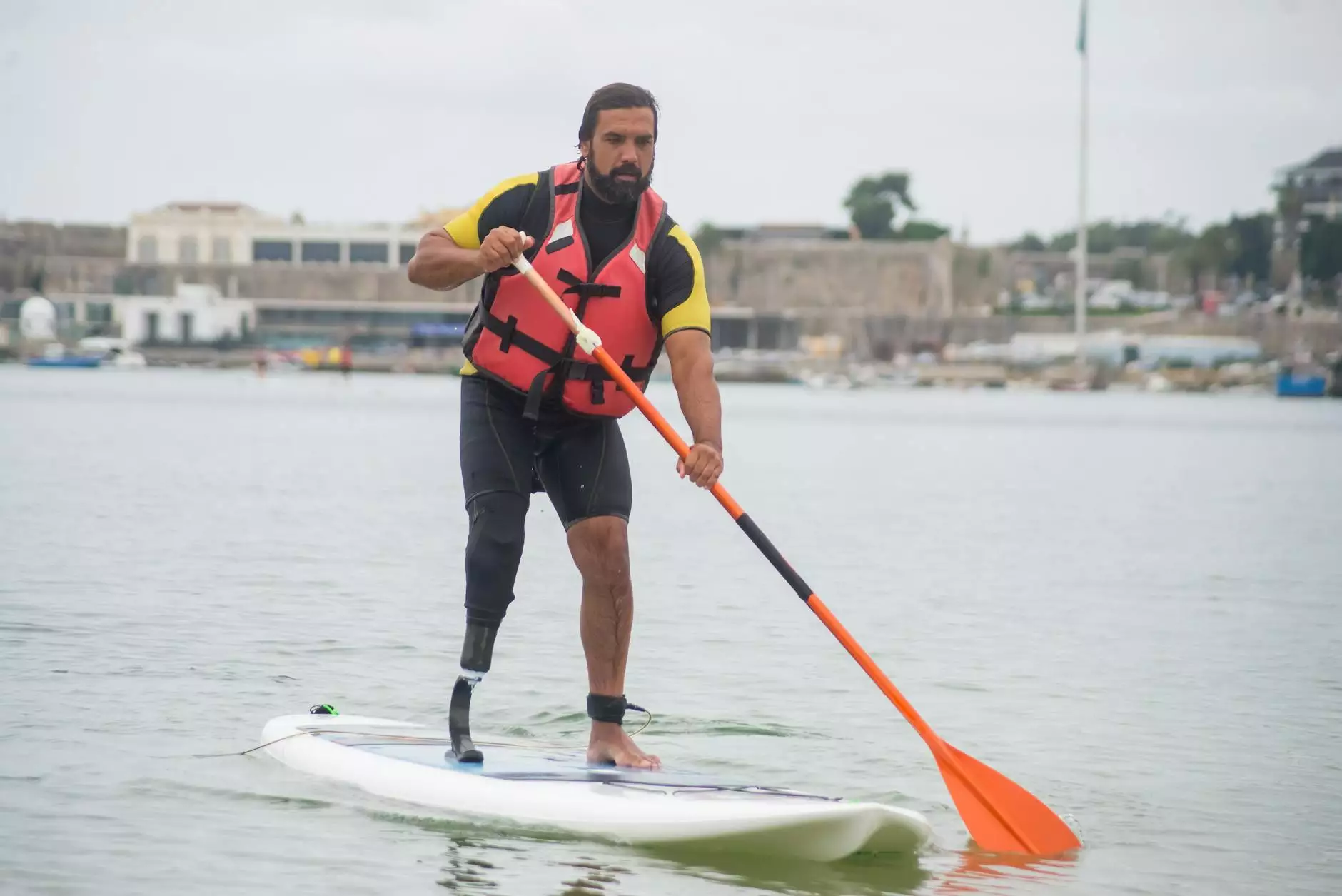How Long Does It Take to Build an App By Yourself?

Creating an app is a challenging yet rewarding endeavor. If you’re wondering, "How long does it take to build an app by yourself?", you’re in the right place. This comprehensive guide will provide you with insights, timelines, and essential steps you need to consider when embarking on your app development journey.
Understanding the Basics of App Development
Building an app requires a deep understanding of its fundamental components, which can be categorized into several key stages:
- Ideation: Brainstorming and refining your app concept.
- Planning: Outlining the app structure and gathering resources.
- Designing: Creating wireframes and user interfaces.
- Development: Writing code to bring your app to life.
- Testing: Ensuring functionality and fixing bugs.
- Deployment: Launching the app on various platforms.
- Maintenance: Ongoing updates and support post-launch.
The Timeline for Building an App
The timeline for app development can vary dramatically based on several factors, including the complexity of the app and your level of expertise. Here’s a breakdown for each major stage:
1. Ideation
The ideation phase typically takes about 1 to 2 weeks. During this time, you’ll identify your target audience, explore competitors, and define the core features of your app. Conducting surveys and gathering feedback at this stage can provide invaluable insights.
2. Planning
Planning may require 2 to 4 weeks. This includes creating a detailed project plan, deciding on the technology stack, and identifying any skills you might need to acquire. You may also want to outline user journeys to ensure a seamless experience.
3. Designing
Designing the app is critical for user engagement and typically takes about 3 to 6 weeks. During this phase, you'll produce mockups or wireframes and get feedback from beta testers on usability and aesthetics.
4. Development
The development phase generally represents the longest time commitment, ranging from 2 to 6 months, depending on the app's complexity. For a basic app with standard features, closer to two months may suffice, while complex functionalities (such as payment gateways or real-time interactions) may extend this time significantly.
5. Testing
Testing should take about 2 to 4 weeks. This includes functionalities, user experiences, and performance evaluations, ensuring the app is free from errors. Utilizing a group of testers can accelerate this phase immensely.
6. Deployment
Deploying your app usually takes a short time, around 1 week. This step involves submitting your app to various app stores and addressing any regulatory requirements.
7. Maintenance
Post-launch, expect to dedicate time for maintenance and updates. This can vary widely, but ongoing support and updates are essential for user retention and app performance. It's wise to allocate at least a few hours each week to address user feedback and improve app features.
Factors That Affect App Development Time
Several factors can influence how long it takes to build an app:
- Complexity of the App: Complex apps with intricate features naturally require more time to develop.
- Your Skill Level: If you have programming experience, you’ll be able to work faster, whereas a beginner may take longer.
- Team vs Individual: Collaborating with a team can speed up the process, while building solo may extend timelines.
- Resources Available: Access to tools and technologies can facilitate quicker development.
- Feedback Cycles: Incorporating user feedback can extend the timeline, but it is essential for app success.
Best Practices to Shorten Development Time
To make your app development more efficient, consider the following best practices:
- Start with a Minimum Viable Product (MVP): Focus on core features that provide immediate value.
- Use Pre-Built Solutions: Take advantage of libraries and frameworks to streamline development efforts.
- Leverage Prototyping Tools: Tools like Figma and Adobe XD can speed up the design phase.
- Set Clear Deadlines: Timelines will help you stay on track and motivated.
- Gather Continuous Feedback: Early and ongoing feedback can help you catch issues before they escalate.
Conclusion
In summary, when asking "How long does it take to build an app by yourself?", it’s important to consider the above stages and factors. Generally, expect a time commitment of 6 months to a year for a fully functional and well-designed app. However, factors such as complexity, resources, and your skill level can significantly impact this estimate.
By following best practices and focusing on efficient processes, you can minimize your development time while still delivering a quality product. Remember that persistence, ongoing learning, and adaptability are key to successful app development. Happy coding!








